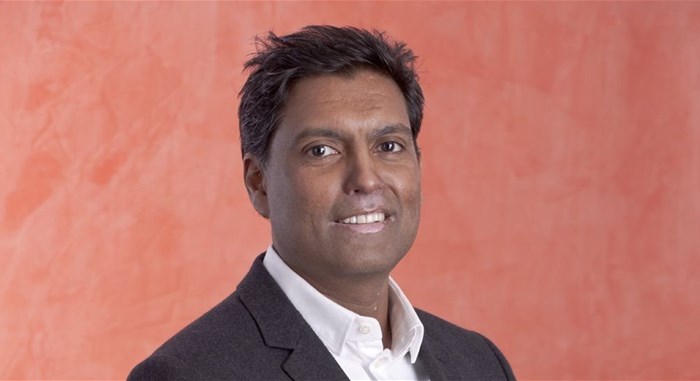Digitalisation is changing the corporate landscape in South Africa as digitally driven companies take their place alongside more traditional business models.

Jonah Naidoo, CEO of Mindworx Consulting
Retail and banking are two sectors that provide obvious examples. For instance, Pick ‘n Pay and Takealot both fall within the retail sector, but the skills required to run brick-and-mortar stores are quite different from those required to run a cloud-based digital business. The same is true of Nedbank or FNB versus the exclusively digital Tyme Bank.
Recruitment methods and remuneration practices need to change to keep pace with the new requirements for attracting the right people to the C-suite level in digital businesses. They can’t be shoehorned into current salary models, which are founded on traditional revenue patterns and history.
Constrast
Consider the differences between digital and traditional organisations.
At the highest level of an exclusively digital organisation, it is necessary to understand the original model and the traditional skills that go with it, but more important is a high level of competence in new technologies. This is not just about knowing the latest tools.
Digital environments are generally cloud-based, fully automated, connected, always-on, and quick changing. Each of these environments is complex in its own right; taken together – as they must be in a digitally successful business – they require sophisticated skill stacks.
A skill stack could encompass cybersecurity, cloud computing, data science and analytics, application and software development, platform architecture, AI, robotics, and more, plus any number of new processes.
While a high level of technological competence is the most important requirement within the C-suite of a digital business, it is not the only one.
A CEO who has come from a traditional business model will need to quickly get comfortable with the different structures that arise where disruption is the watchword. Smaller teams structured in different ways are the norm. In non-traditional environments hierarchies may not exist and, if they do, they may be unrecognisable.
In addition, digitally-led organisations often have an entrepreneurial mindset, and they require like-minded leaders who can create and sustain a growth culture. Entering this world from a corporate background requires different time commitments and added effort, even for candidates who have come from the highest levels of the traditional corporate world.
Rethinking reward packages
The element of risk in an entrepreneurial-like environment makes this a high-stakes recruitment scenario. Traditional reward packages don’t cut it with the C-suite in digital environments. They are in a position to command tailored packages that include higher salaries, share options and any number of incentives, not just in terms of reward but also for the sake of retention.
The recruiter has much to consider: role-specific requirements, skill stack, experience at every level of the position and, most important of all, what competitors are doing to attract and retain top talent.
Professional C-suite employees who want to ensure they can succeed in a fully digital environment will understand that it’s not all cost-related. With leaner structures and smaller teams, digital environments are capable of operating at lower cost-to-income ratios. This makes the investment in time and effort worthwhile.
The demand for digital skills in South Africa has never been greater than it is now. Executive search in this environment requires a comprehensive understanding of the issues for organisations and for the talent required to run them.




































